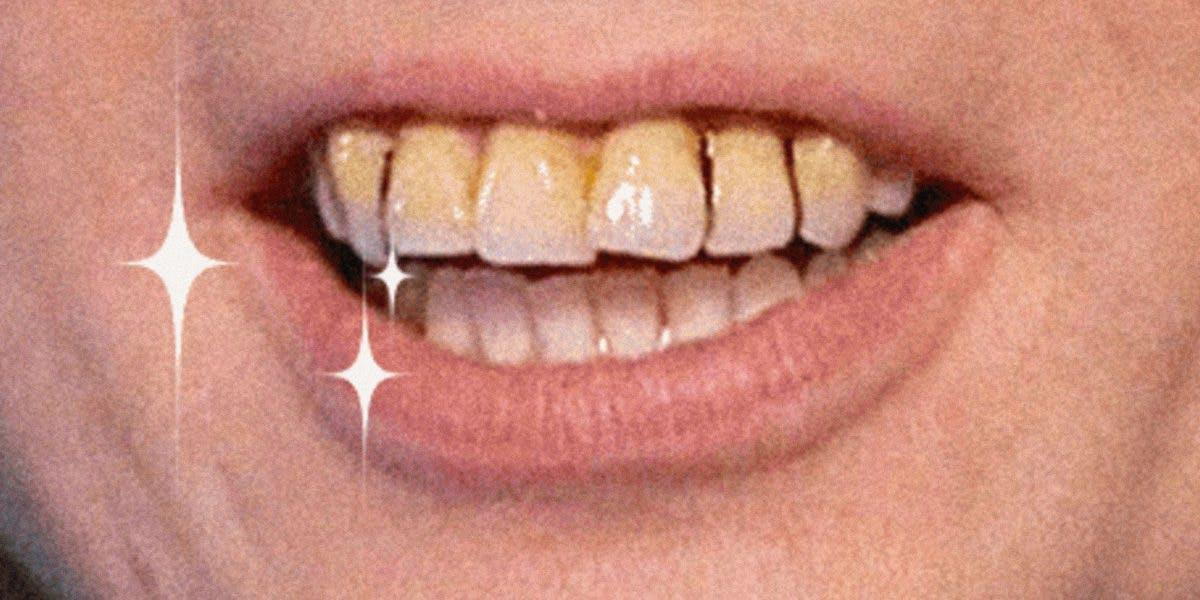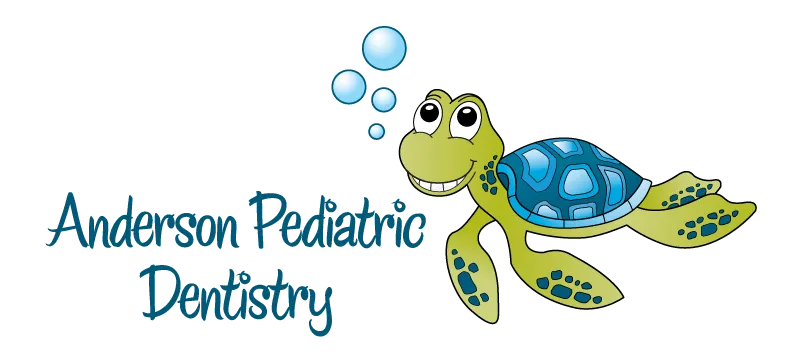Can You Be Born With Bad Teeth?
posted: Feb. 25, 2019.

It’s a common conversation in a pediatric dentist’s office. “I don’t know what to do. My whole family has bad teeth.” Or, “I just don’t understand, we brush twice a day, everyday and she doesn’t drink soda. How can she have cavities?”
So, if the children that are receiving proper dental care are getting cavities, as well as the ones that aren’t brushing and flossing, we have to ask: Is there such thing as bad teeth? Soft enamel?
Can your child’s, and your very own, dental problems be blamed on genetics, rather than poor dental hygiene? And if so, is this the ultimate excuse or are there ways to avoid these so-called, “bad teeth?”
In recent years, medical progress is being made on so many levels. Genetics are being studied on all levels to see just what role our genes play in our overall health and what we can do to overcome any genetic shortcomings. Because our dental health is so closely tied to our overall health and well-being (remember how dental disease and inflammation is linked to heart disease?), it makes complete sense that scientists are also studying the link between genetics and dental health.
So, is dental health genetic? The answer is yes. . . and no. Sometimes? It’s complicated. While scientists are finding genetic factors that affect some aspects of oral health, they are also confirming many environmental factors that play key roles in dental health- factors we can control.
Tooth decay, Bacteria, and Sugar
Sugar in the food we eat feeds communities of hundreds of different types of bacteria that live on our teeth. The acid produced by these bacteria erodes the hard, outer layer of our teeth (the enamel) to cause cavities (tooth decay).
These bacteria in our mouth, the ones that cause tooth decay, aren’t present at birth. We normally acquire them shortly after birth, probably from other family members- think kisses on the mouth, pacifiers, teething items. Recent studies have been able to pinpoint which groups of bacteria are responsible for damaging our teeth. And it turns out that it’s not the genetic (inheritable) bacteria that are causing the tooth decay.
Want to take a stab at what types of bacteria can form cavities? You guessed it! The ones influenced by environmental factors like sugary foods! In fact, sugary drinks may be the very worst for your teeth! They are particularly adept at spreading sugar to every corner of your mouth, feeding the bacteria that cause decay. The good news is that the same types of bacteria in sugary foods that can form cavities can also be brushed off your teeth!
But the story isn’t that simple.
While tooth decay is largely preventable, some people are more at risk of it than others. And genetics do play a role. Genes can affect how teeth develop and if teeth do not form properly, their enamel can actually be less resistant to bacteria. Genes can also affect whether your teeth will come in crooked or straight. Teeth that are crooked and overcrowded provide more areas for bacteria to hide and grow in, as they are more difficult to completely clean. Brushing and flossing become even more important in these situations, as a constant presence of these bacteria can cause cavities to form.
Tooth Color
The color of your teeth is another area that is determined by both genetic and environmental factors. The way in which the white enamel (and the underlying yellow dentine) forms during development is mainly due to our genes. Those whose teeth develop naturally with thinner enamel will have teeth that appear more yellow. Environmental factors that affect the teeth can be broken up into intrinsic factors (those that affect the teeth as they are developing) and extrinsic (those affecting the tooth after it develops). Intrinsic factors could include exposure to antibiotic tetracycline in the womb or excess fluoride as a child. Extrinsic factors affecting tooth color would be drinking coffee or tea and smoking.
So, tooth color, like tooth health, can be affected by both genetics and environmental. And while we can’t control the genetic factors, we can make changes to the environmental factors.
The message is still the same. Your teeth may be inherited, but bad oral health habits do not have to be. Everyone needs to take care of their teeth. Some people may have to work a little harder than others. But we can all take simple steps to ensure proper oral health. Avoid sugary foods and drinks, brush your teeth, and have regular check-ups.
Anderson Pediatric Dentistry can help you take care of your child’s smile. Give us a call today at 864-760-1440 and let us give you Something to Smile About!
https://theconversation.com/bad-teeth-heres-when-you-can-and-cant-blame-your-parents-83887
https://www.cnn.com/2014/07/03/health/tooth-decay-causes/index.html
https://www.colgate.com/en-us/oral-health/conditions/gum-disease/ada-04-genes-may-be-linked-to-tooth-decay-gum-disease
